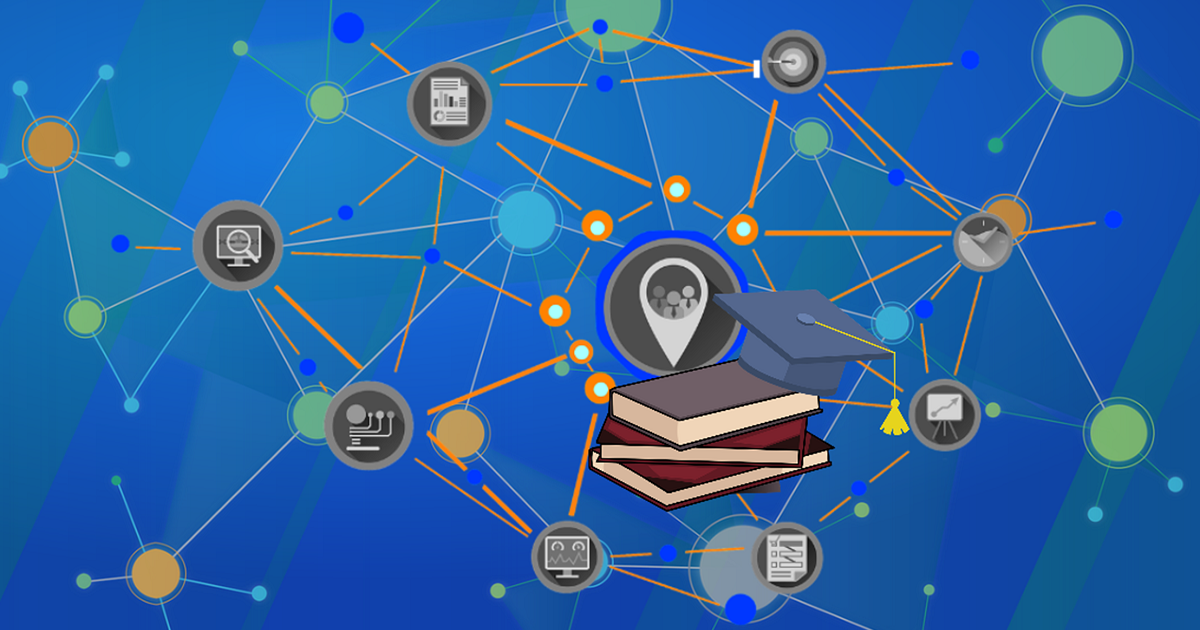Application of Semantic Web Technologies for E-Learning
A special issue of Applied Sciences (ISSN 2076-3417). This special issue belongs to the section "Computing and Artificial Intelligence".
Deadline for manuscript submissions: 20 January 2026 | Viewed by 171

Special Issue Editors
Interests: computer sciences; semantic web; E-learning; collaborative learning; ICT; design and testing of software; agent-based technologies
Interests: knowledge management; knowledge audit; project writing and management; ICT development and impact on economy and society; universal community service; digital divide; harmful content on the internet; e-business; m-learning; national innovation systems; e-competence
Interests: semantic web; knowledge engineering; ontologies; linked data; social semantic web; distributed systems; service oriented architectures; cloud computing; artificial intelligence; natural language processing; intelligent agents and multiagent systems
Special Issues, Collections and Topics in MDPI journals
Special Issue Information
Dear Colleagues,
As digital transformation reshapes the educational landscape, Semantic Web technologies have emerged as a critical enabler of intelligent, scalable, and personalized learning experiences. Ontologies, linked data, and knowledge graphs provide powerful mechanisms for organizing, connecting, and reasoning over educational content, learners, and pedagogical models. This Special Issue invites contributions that present novel theories, frameworks, applications, and evaluations of Semantic Web technologies in the diverse contexts of E-Learning.
We particularly welcome submissions that explore the role of semantic technologies in different educational domains, which require flexible, context-aware, and interoperable systems to support varied learner needs and instructional goals. Semantic Web technologies can enhance these systems through personalized learning paths, intelligent content recommendation, domain modeling, learning analytics, and semantic interoperability.
Areas relevant to this Special Issue on the application of Semantic Web technologies in E-Learning include, but are not limited to, the following:
- Semantic modeling of educational domains and curricula;
- Ontologies and knowledge graphs for content annotation and organization;
- Personalized and adaptive learning systems;
- Intelligent tutoring systems for primary and secondary education;
- Semantic support for mobile and ubiquitous learning environments;
- Skill-based modeling and training systems for vocational education;
- Open-linked educational data and interoperability frameworks;
- Semantic technologies in lifelong learning and upskilling contexts;
- Learning analytics and learner modeling using Semantic Web standards;
- The integration of Semantic Web with IoT and edge devices in education.
This Special Issue will publish high-quality original research papers addressing the intersection of Semantic Web technologies and educational innovation across different sectors and age groups.
Dr. Adelina Aleksieva-Petrova
Dr. Elissaveta Gourova
Dr. Francisco García-Sánchez
Guest Editors
Manuscript Submission Information
Manuscripts should be submitted online at www.mdpi.com by registering and logging in to this website. Once you are registered, click here to go to the submission form. Manuscripts can be submitted until the deadline. All submissions that pass pre-check are peer-reviewed. Accepted papers will be published continuously in the journal (as soon as accepted) and will be listed together on the special issue website. Research articles, review articles as well as short communications are invited. For planned papers, a title and short abstract (about 100 words) can be sent to the Editorial Office for announcement on this website.
Submitted manuscripts should not have been published previously, nor be under consideration for publication elsewhere (except conference proceedings papers). All manuscripts are thoroughly refereed through a single-blind peer-review process. A guide for authors and other relevant information for submission of manuscripts is available on the Instructions for Authors page. Applied Sciences is an international peer-reviewed open access semimonthly journal published by MDPI.
Please visit the Instructions for Authors page before submitting a manuscript. The Article Processing Charge (APC) for publication in this open access journal is 2400 CHF (Swiss Francs). Submitted papers should be well formatted and use good English. Authors may use MDPI's English editing service prior to publication or during author revisions.
Keywords
- semantic web in education
- ontologies, RDF, OWL, and SPARQL
- knowledge graphs and linked educational data
- adaptive and personalized E-learning
- intelligent tutoring systems
- curriculum modeling and semantic annotation
- mobile and ubiquitous learning platforms
- vocational education and training (VET)
- lifelong learning and adult education
- learning analytics and semantic learner modeling
- educational interoperability standards (SCORM, xAPI, LOM)
Benefits of Publishing in a Special Issue
- Ease of navigation: Grouping papers by topic helps scholars navigate broad scope journals more efficiently.
- Greater discoverability: Special Issues support the reach and impact of scientific research. Articles in Special Issues are more discoverable and cited more frequently.
- Expansion of research network: Special Issues facilitate connections among authors, fostering scientific collaborations.
- External promotion: Articles in Special Issues are often promoted through the journal's social media, increasing their visibility.
- Reprint: MDPI Books provides the opportunity to republish successful Special Issues in book format, both online and in print.
Further information on MDPI's Special Issue policies can be found here.






